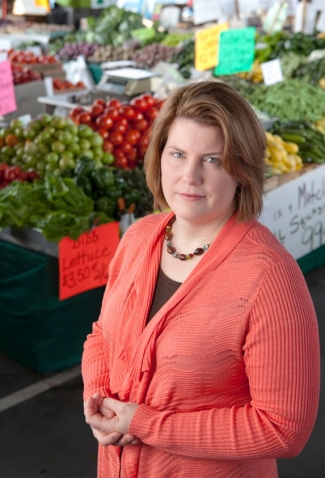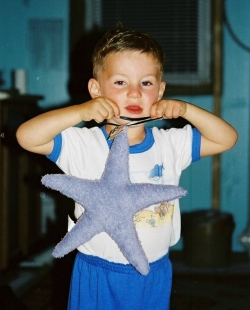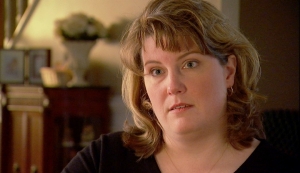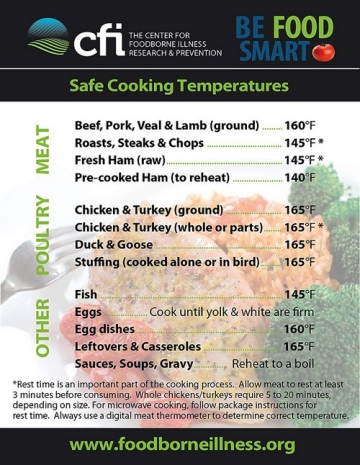Two-year-old Kevin Kowalcyk's death from foodborne illness in 2001 should have been a wake-up call for food producers and federal policymakers. But they're still groggy. More than a decade later, his mom continues efforts to make food safer for us all.
by Matt Dewald, A&S '95
When I first met alumna Barb Kowalcyk 10 years ago, I had called to talk about her 21/2-year-old son, Kevin. As a fellow Midwesterner and the father of a toddler myself, I felt like we had a few things in common.
But I also knew we had one very big difference. While we talked, my son Max was napping at a nearby preschool. Kevin had died the year before.
In that phone interview, we talked about the advocacy Kowalcyk had thrown herself into in response to Kevin's death. He had been killed by complications from a foodborne pathogen, E. coli, that he consumed in a contaminated hamburger. In less than two weeks, Kevin had gone from a healthy, giggling boy to one of the approximately 3,000 Americans who die each year from foodborne illnesses.
The particular details of his death are horrifying: The worrying presence of blood in his diarrhea that brought them to the emergency room one evening, only to be sent home. His worsening overnight condition and admission to intensive care the next morning. His failing kidneys and agonizing dialysis treatments. His pleas for water or juice, withheld for days to aid his treatment. His sunken eyes and his malnourished, swelling body. Vomiting black bile. His sedation to ease his pain and dull his memory of this ordeal. Tubes sticking out of him everywhere. Eight units of blood.
And then a resuscitation. And then a resuscitation attempt. He and his family were at the hospital for eight days, and he never came home.
"We felt like he had been hit by an invisible truck," Kowalcyk, D (Med) '12, told me over the phone.

 Past Issues
Past Issues




